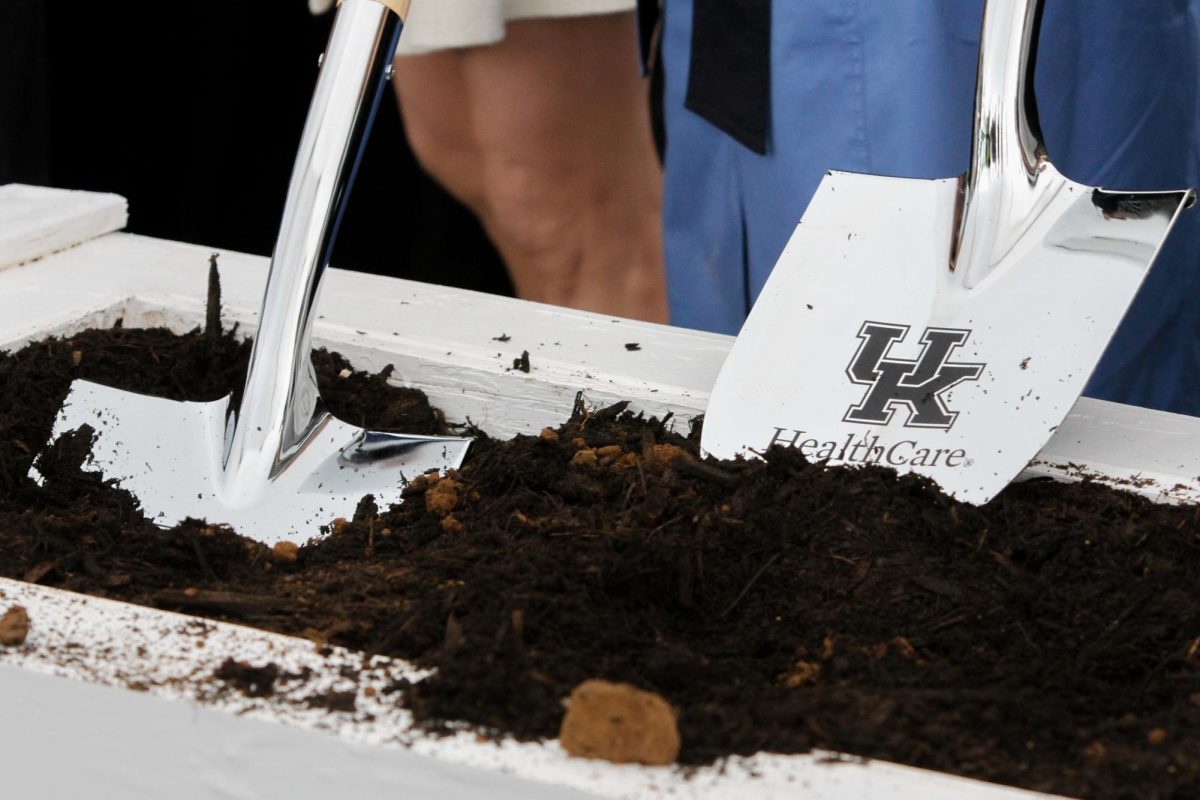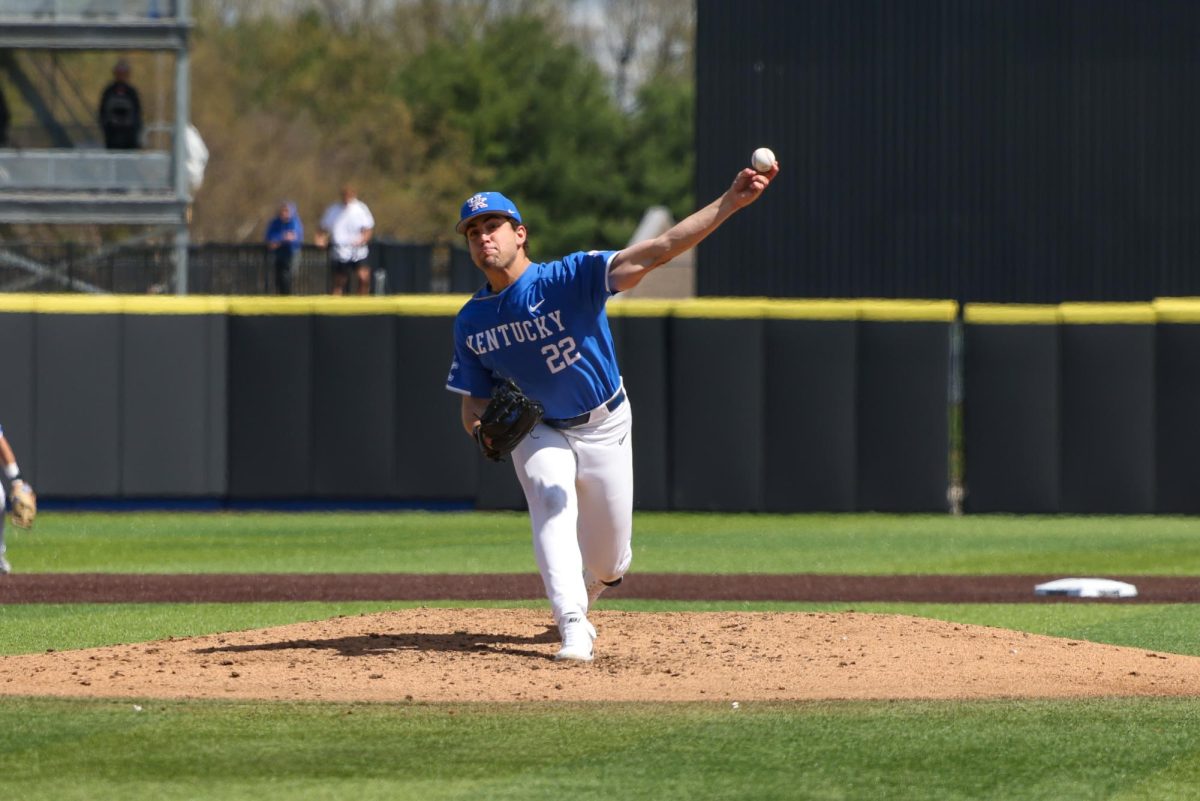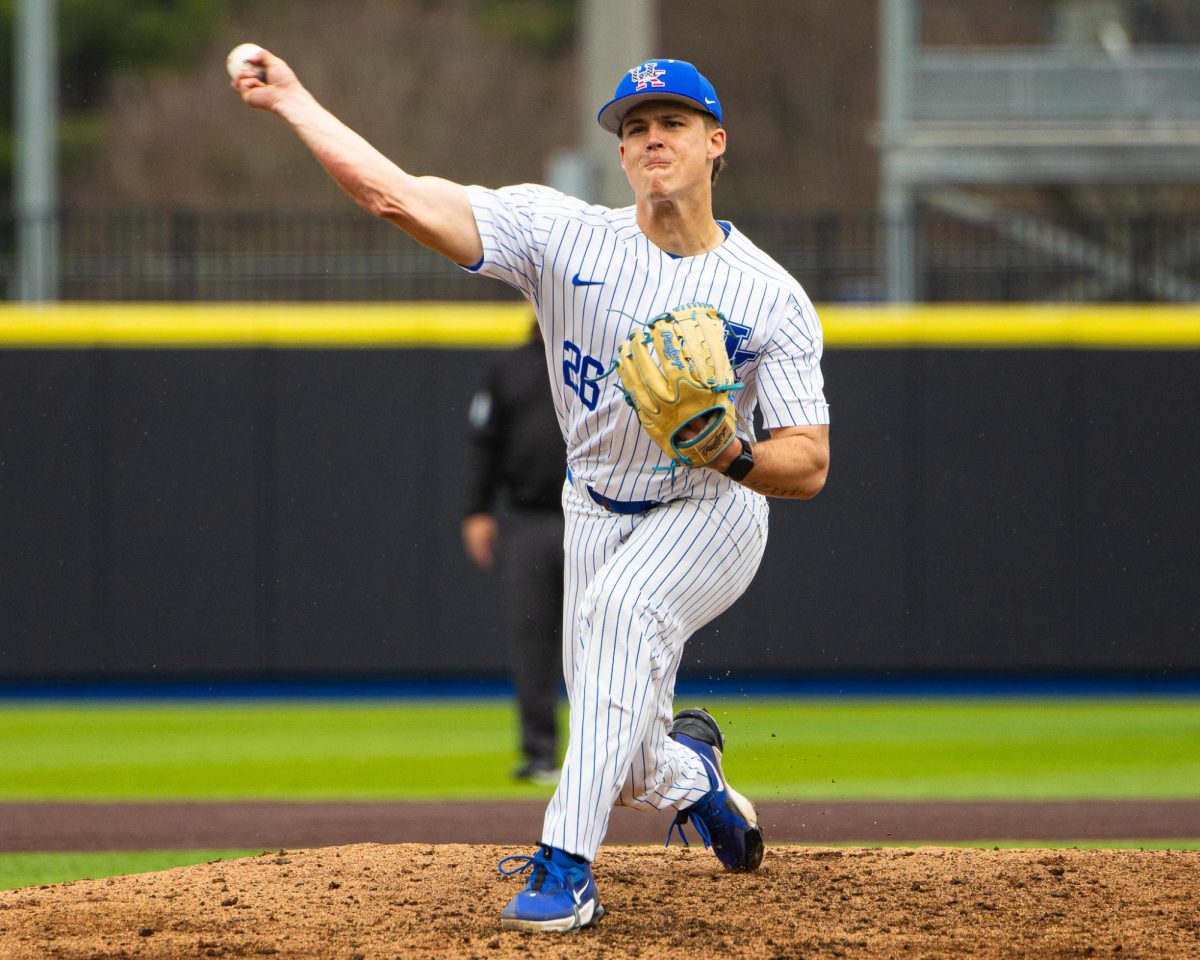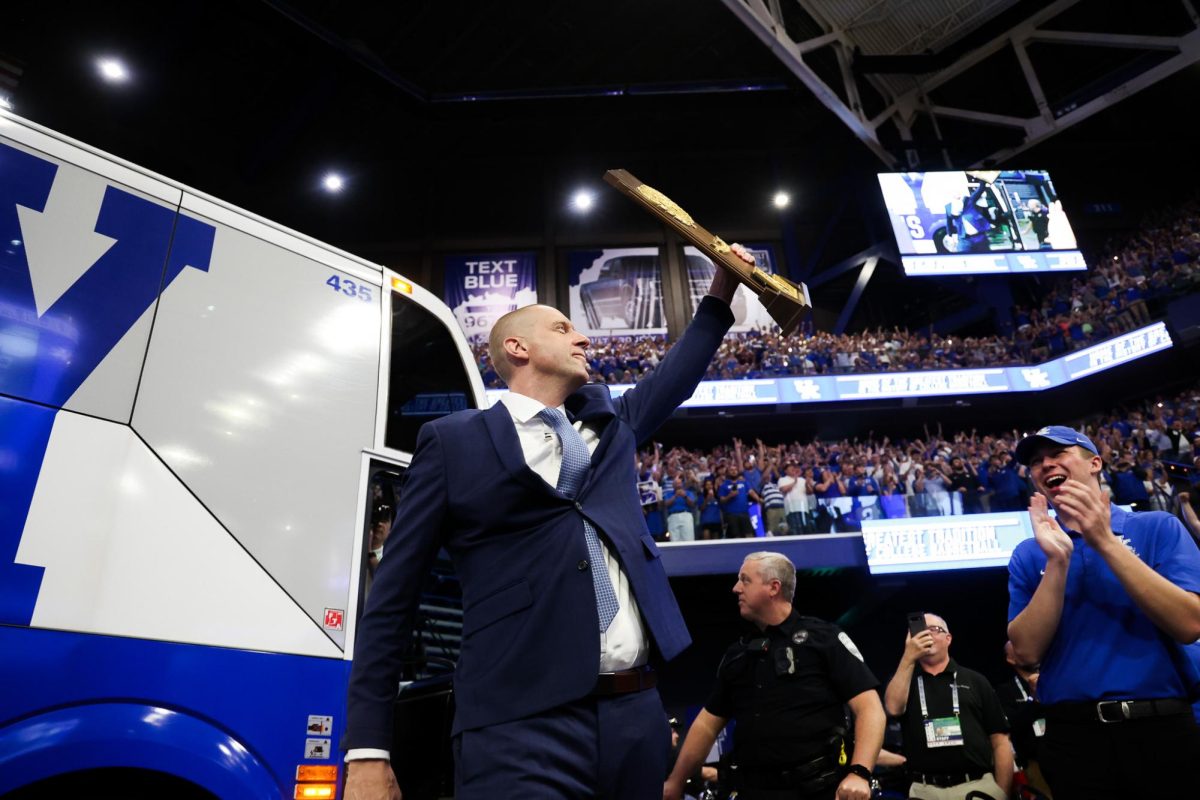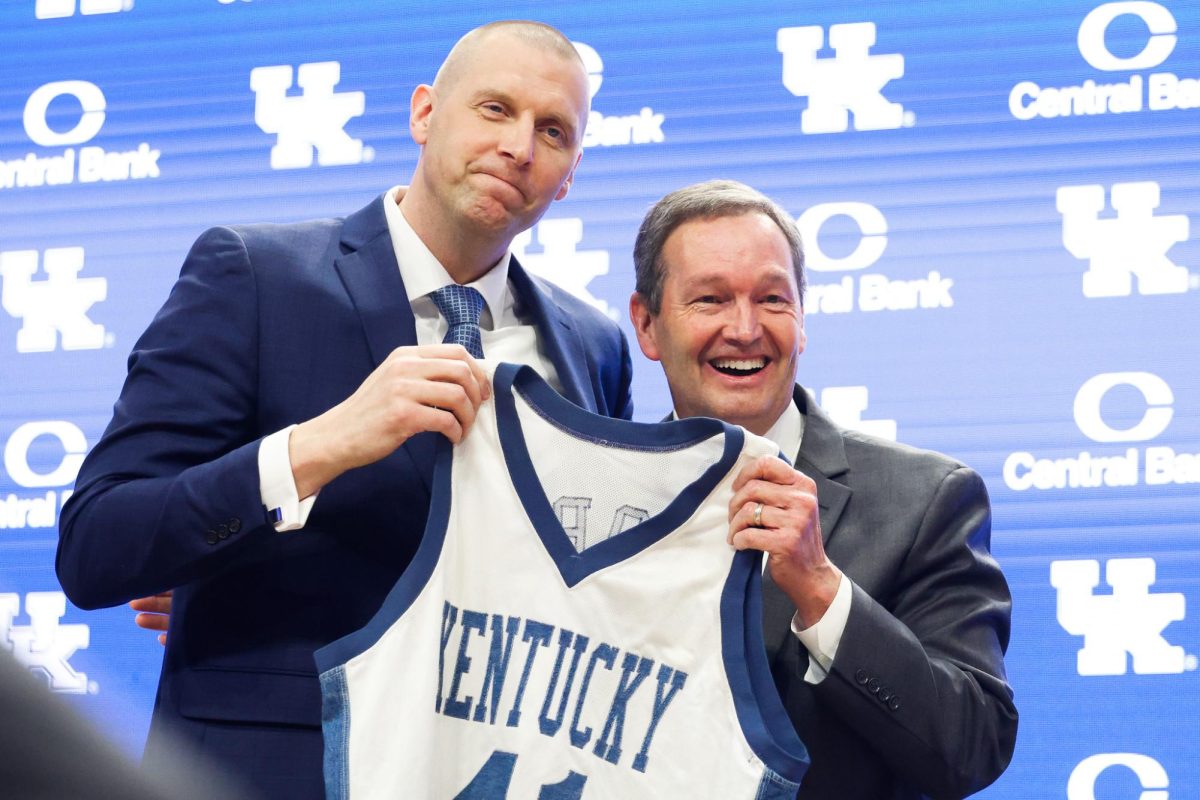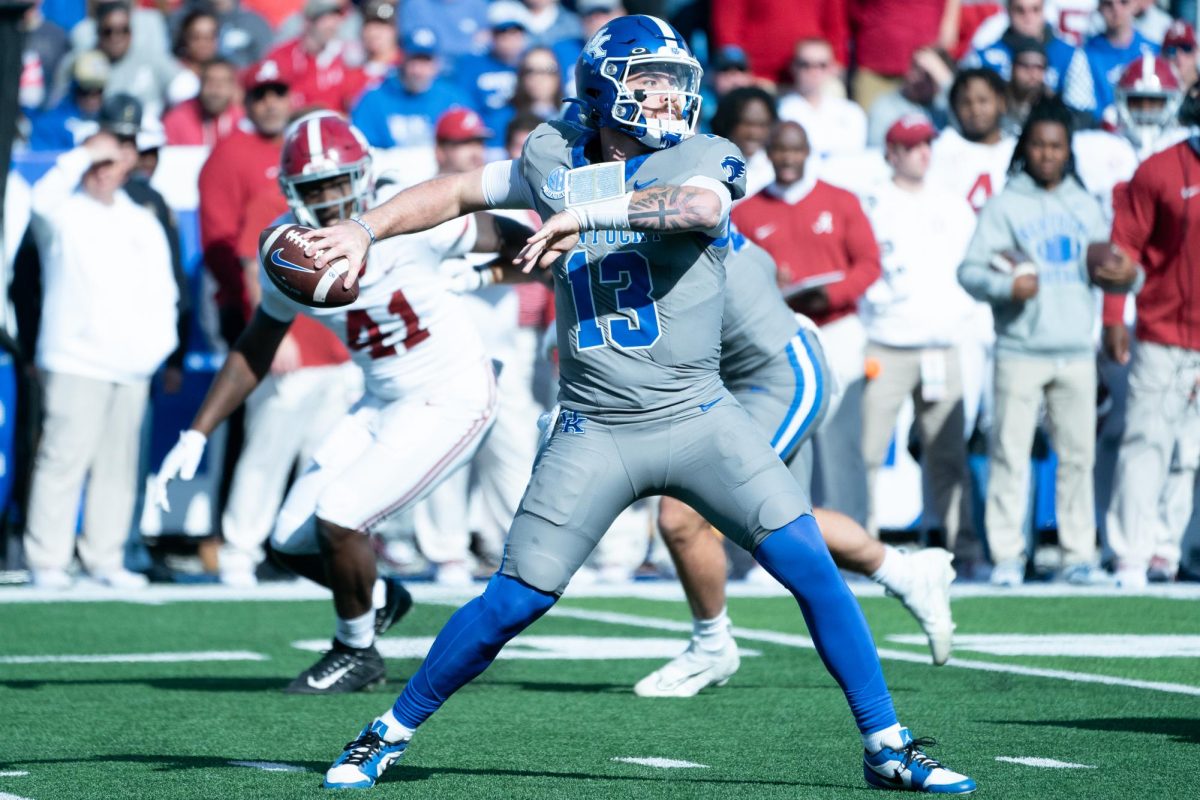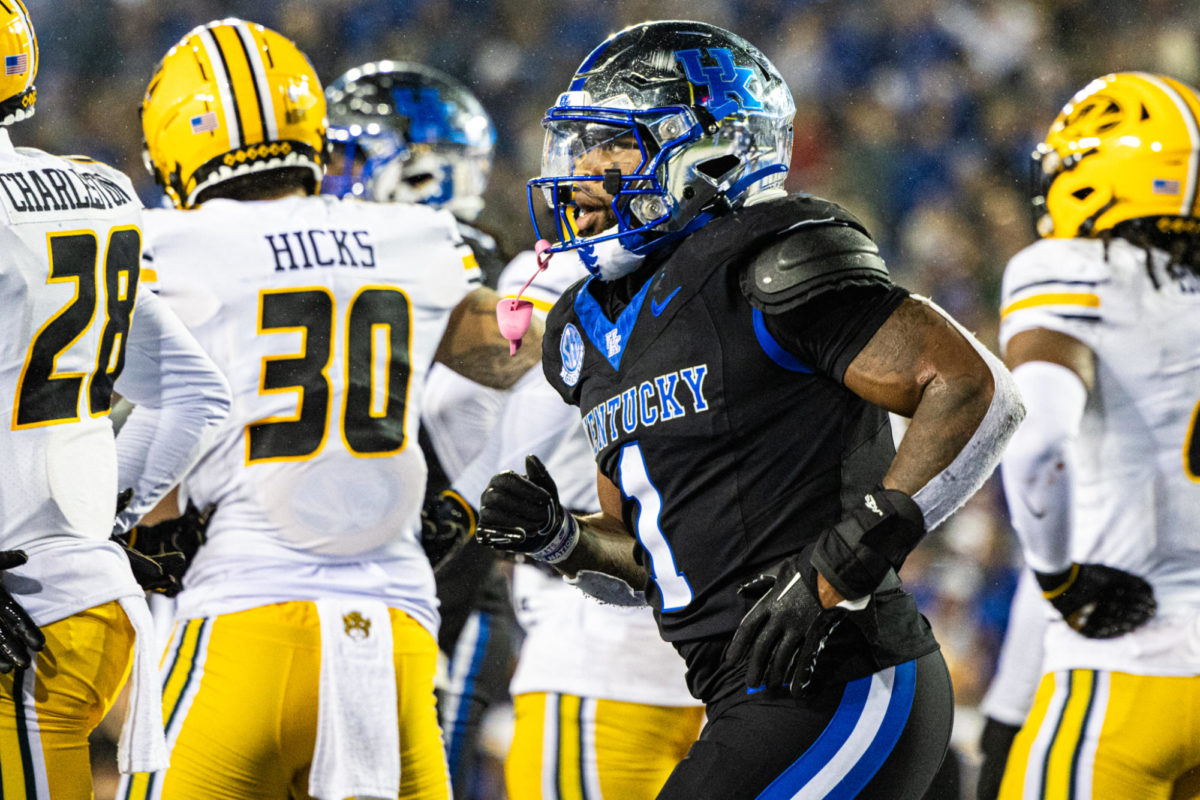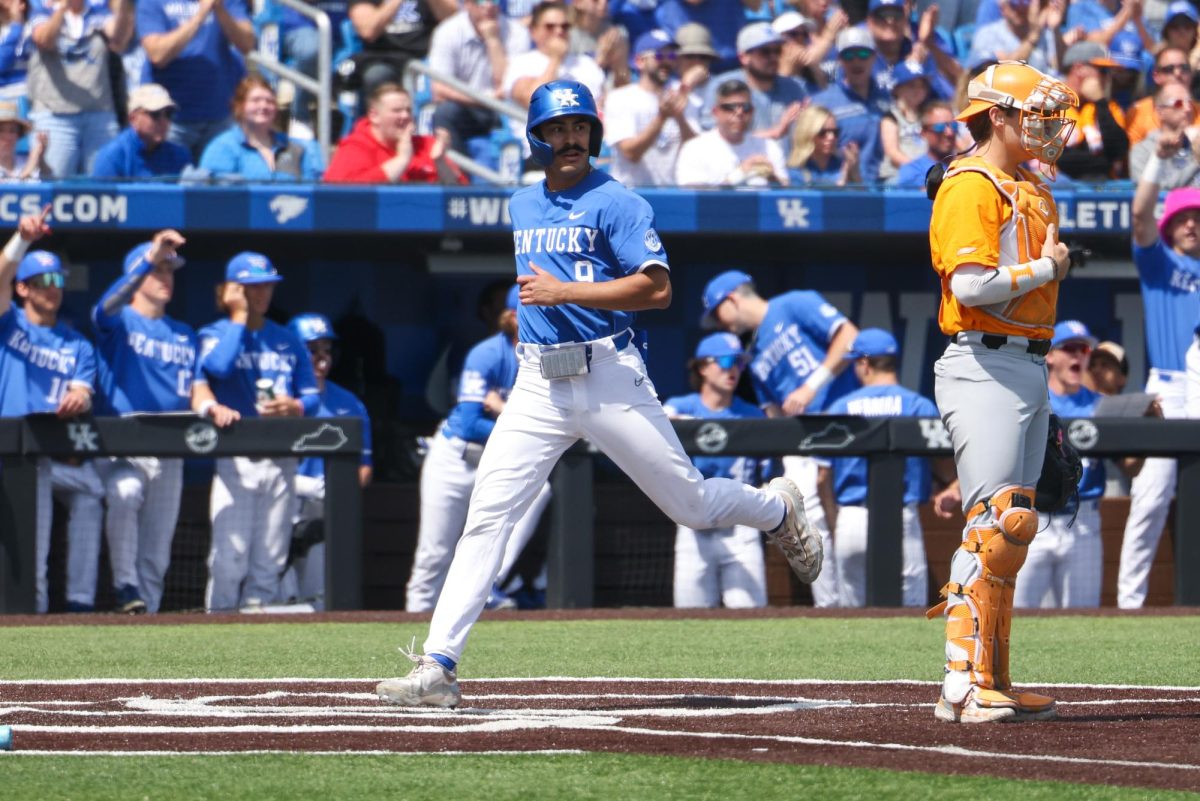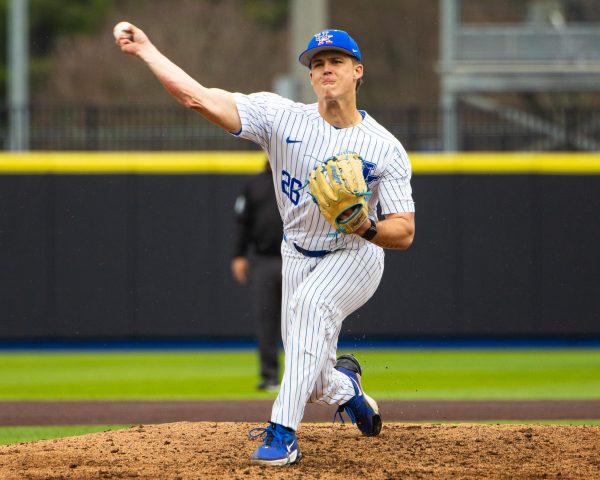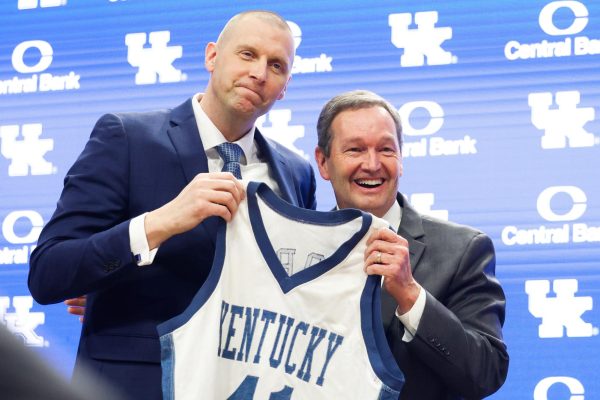Style takes the music industry by storm
January 15, 2009
With the new millennium came a new staple in modern pop music – the vocal processor known as Auto-Tune. Its newfound prevalence has many wondering whether the mark it will leave on the music industry is going to be a positive or a negative one.
Since it was first introduced to pop radio in the late 1990s with Cher’s “Believe,†Auto-Tune voice processors have slowly garnered more and more popularity over the years. The processor has most recently been introduced to hip-hop music, pioneered by rapper T-Pain. Since T-Pain, many have imitated the style within the genre such as Lil Wayne, Young Jeezy, Chris Brown and Akon. Most recently Kanye West made the concept album “808s & Heartbreak,†which used the processor on every vocal track throughout the entire album.
Auto-Tune is an audio processor that uses a vocoder in order to ensure that a given instrumental or vocal track is confined to a designated pitch. In other words, it is simply a plugin used in recording where the engineer simply inputs the key of the song and any audio run through that specific track is contained within those particular pitches.
Since the explosion of Auto-Tune within top-40 radio, T-Pain has begun to take offense to its commonness. In an interview with DJ Ciphia Sounds, T-Pain stated that he wanted to make it clear there were people using the processor without his permission and as a result he felt they were stealing his style. He did state that both Lil Wayne and Kanye West approached him before using it and he gave them permission to use the effect. When asked about those artists that did not ask for his permission he stated, “A lot of people were taking me for a joke when I first came out doing it, and they feel like they have to do it to get hot now.â€
Many of the hip-hop and R&B artists purposefully tweak the processor to make their voices sound robotic. This is done using a level within the plug-in that allows you to “humanize†the processor. These artists intentionally turn this humanization setting off, creating harsh sudden changes of pitch within the key of the song, giving the vocals a machine-like effect.
However, Auto-Tune is not merely confined to modern pop. Recently, many rock bands have been experimenting with this processor as well. Bands like Chromeo use Auto-Tune to complement their electronic-rock sound. In addition, a band new to Tooth and Nail records, And Then There Were None, has used the dehumanized Auto-Tune over top of their pure rock instrumentation.
Within all of the artistic applications of Auto-Tune many have forgotten why the program was initially created. Many artists, spanning all genres from country to metal, have used a humanized version of the program with more natural pitch correction during live performances. The Boston Herald reported that country artists such as Faith Hill and Reba McEntire use it during shows, “claiming it is a safety net that guarantees a good performance.â€
While many agree this may be an acceptable use of the processor, some are concerned that it is beginning to compromise the integrity of artistry within the music industry. Some producers feel it leaves many artists with true talent in the shadows due to the lack of need for actual talented vocalists.
Artists like T-Pain see it as a style, country and rock singers see it as a “safety net†for live performances and critics see it as a necessity for bad singers. Whether it is an artistic choice, a “safety net†or a blatant crutch for less talented vocalists, there is no denying that Auto-Tune is taking the music industry by storm, a storm that shows no signs of fading any time soon.
Matt Murray is a journalism sophomore.





